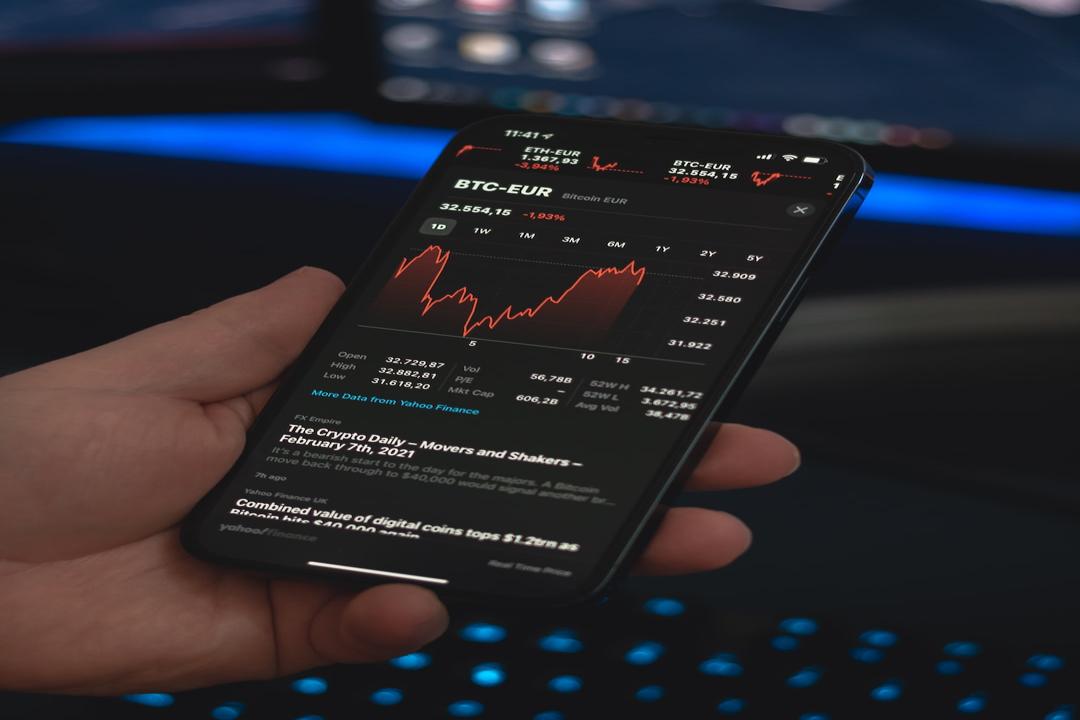Charles Hoskinson, one of the founders of Input Output Global and the Cardano blockchain ecosystem, recently expressed his worries about the consequences of artificial intelligence (AI) censorship on X platform.
Hoskinson described the impact of AI censorship as “significant” and a topic that consistently troubles him. He believes that AI systems are becoming less effective over time due to the training they receive. He highlighted that the key AI systems currently in operation, such as OpenAI, Microsoft, Meta, and Google, are controlled by a small group of individuals who have the power to influence the information these systems are exposed to, creating a situation where they cannot be removed from their positions of authority.
In a demonstration of his concerns, Hoskinson shared two screenshots where he asked the AI chatbots, OpenAI’s ChatGPT and Anthropic’s Claude, the same question about building a farnsworth fusor. Both chatbots provided a brief explanation of the technology and its risks, cautioning against attempting to build it without adequate knowledge or experience.
The responses to Hoskinson’s post largely agreed that AI should be decentralized and open-sourced to prevent major tech companies from controlling access to information.
This issue of AI censorship is not new, as other prominent figures like Elon Musk, who founded the AI venture xAI, have also raised concerns about the potential for censorship and misinformation in AI models. Musk has criticized current AI models for being trained to “lie” and emphasized the importance of political correctness in these systems.
Earlier this year, Google faced criticism for its Gemini model producing inaccurate images and biased historical accounts. The company acknowledged the error and committed to addressing the issue promptly. Some AI models from Google and Microsoft have been altered to avoid discussing presidential elections, while others from companies like Anthropic, Meta, and OpenAI do not have such restrictions.
Experts in both the AI industry and beyond have advocated for decentralization as a solution to ensure AI models remain unbiased. In the United States, antitrust regulators have called for increased scrutiny of the AI sector to prevent potential monopolies by major tech companies.
In conclusion, the debate around AI censorship continues to evolve, with calls for more transparent and decentralized AI systems to ensure fair and accurate information dissemination.

